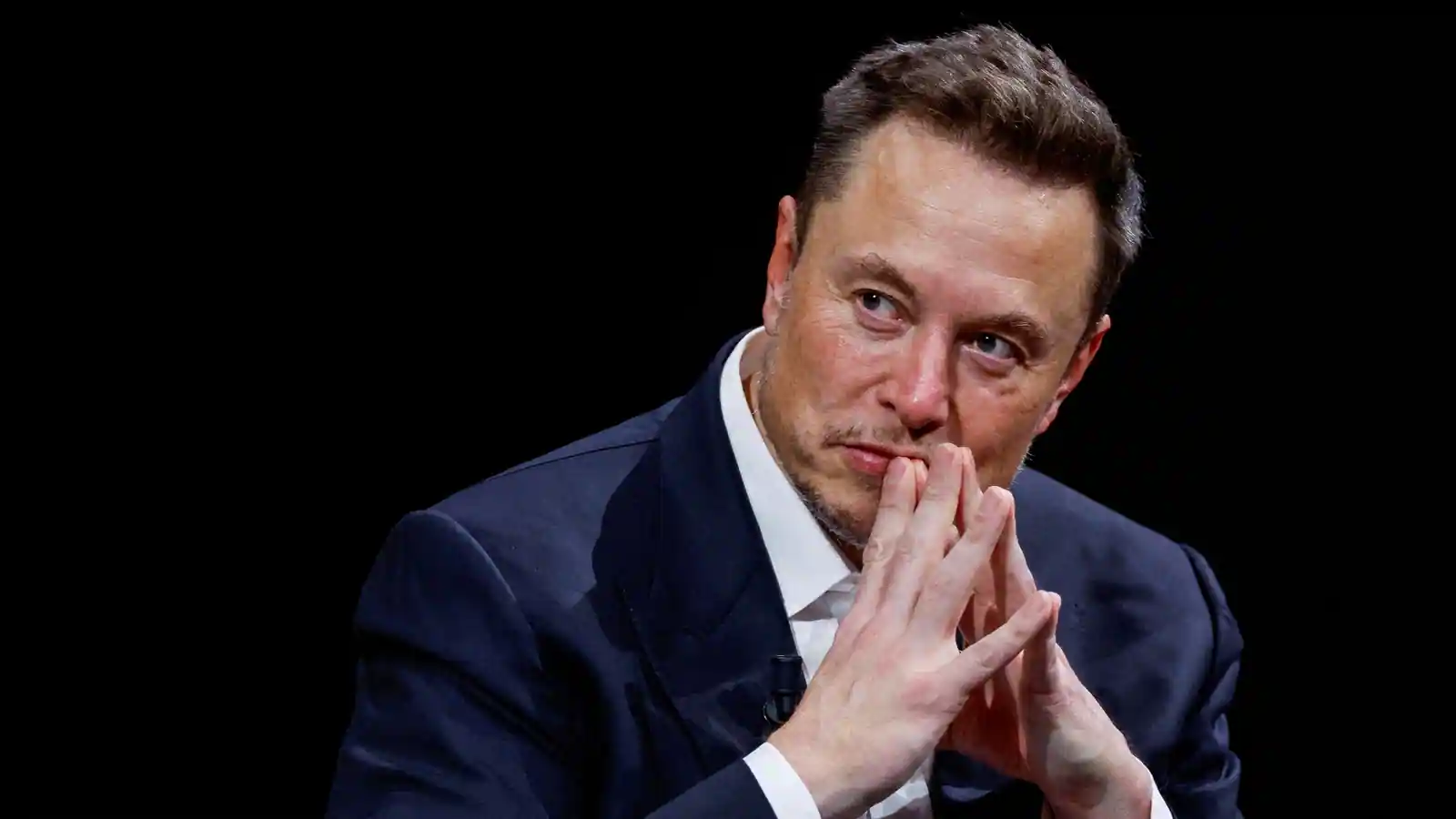Tesla, Under Elon Musk’s Leadership, to Pay $243 Million in Florida Crash Case

A federal jury in Miami has ordered Tesla to pay $243 million in damages following a verdict that found the company’s Autopilot technology partially responsible for a fatal crash in 2019. The incident resulted in the death of 22-year-old Naibel Benavides Leon and left another individual, Dillon Angulo, severely injured. The jury’s decision, which includes $200 million in punitive damages and $43 million in compensatory damages, highlights significant concerns regarding the safety and reliability of Tesla’s driver-assist system.
Details of the Incident
The tragic crash occurred when George McGee, driving a Tesla, failed to stop at a flashing light and a stop sign, barreling through a T-intersection at 62 mph. His vehicle collided with a parked Chevrolet Tahoe, leading to the severe injuries and eventual death of Leon. During the trial, McGee admitted to being distracted while searching for a dropped cellphone, which he claimed contributed to his negligence. Despite this admission, the plaintiffs’ attorney, Brett Schreiber, argued that Tesla’s Autopilot system played a crucial role in the accident by enabling dangerous driving behavior. Schreiber contended that the system should have automatically disabled itself when drivers became distracted.
Tesla’s Response
In response to the jury’s ruling, Tesla issued a statement expressing strong disagreement with the verdict. The company argued that the decision undermines the automotive industry’s efforts to develop lifesaving technologies. Tesla emphasized that the driver, McGee, had accepted responsibility for the crash and that the plaintiffs had fabricated a narrative blaming the vehicle. Tesla’s lead defense attorney, Joel Smith, reiterated that the company provides clear instructions for drivers to remain attentive and keep their hands on the wheel. He maintained that McGee’s actions, including speeding and distraction, were the primary causes of the accident.
Implications of the Verdict
The jury’s decision has significant implications for Tesla and the broader automotive industry. Financial analyst Dan Ives noted that the substantial damages awarded could send shockwaves throughout the sector. This ruling marks a rare outcome in product liability cases against Tesla, which has faced numerous lawsuits in recent years, many of which have been dismissed or settled before reaching trial. Legal experts suggest that this verdict may encourage more individuals to pursue similar claims against the company, potentially opening the floodgates for future litigation.
Concerns Over Autopilot Branding
The trial also raised critical questions about Tesla’s branding of its Autopilot feature. Schreiber argued that the term “Autopilot” misleads consumers into believing the system offers full autonomy, which can lead to over-reliance on the technology. Other automakers use terms like “driver assist” or “copilot,” which may convey a more accurate understanding of the technology’s capabilities. The jury’s findings reflect growing concerns about the safety implications of such branding, particularly as Tesla continues to push for advancements in autonomous vehicle technology and the rollout of driverless taxi services in various U.S. cities.
Observer Voice is the one stop site for National, International news, Sports, Editor’s Choice, Art/culture contents, Quotes and much more. We also cover historical contents. Historical contents includes World History, Indian History, and what happened today. The website also covers Entertainment across the India and World.
Follow Us on Twitter, Instagram, Facebook, & LinkedIn

